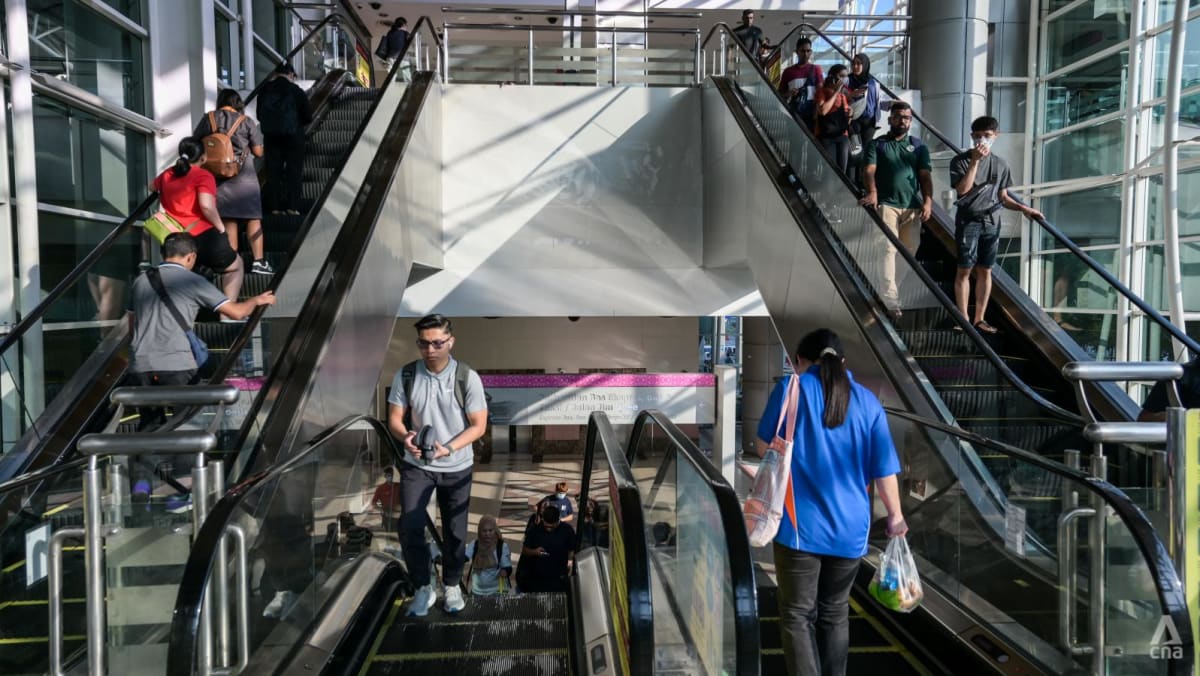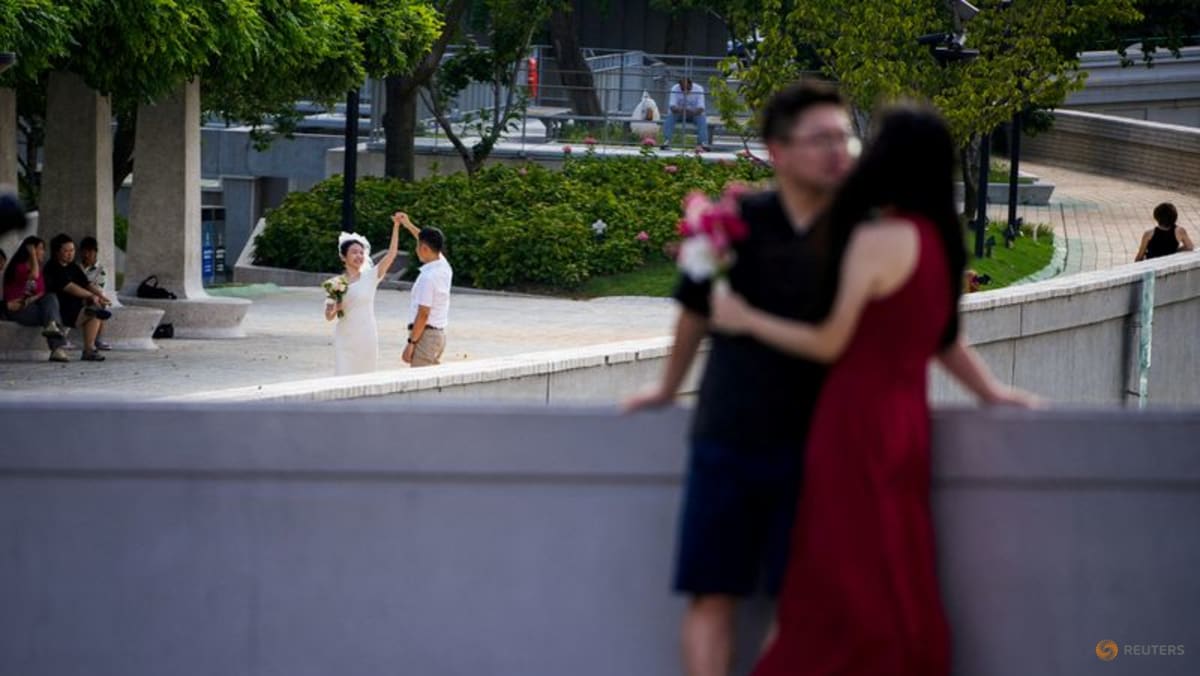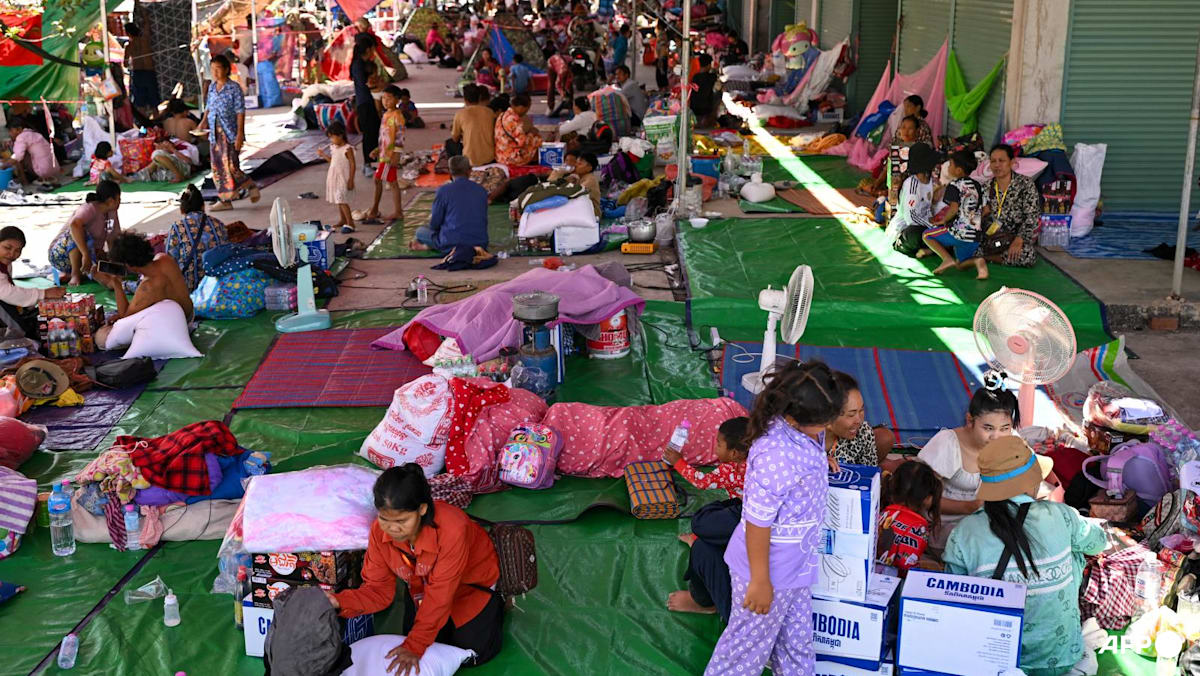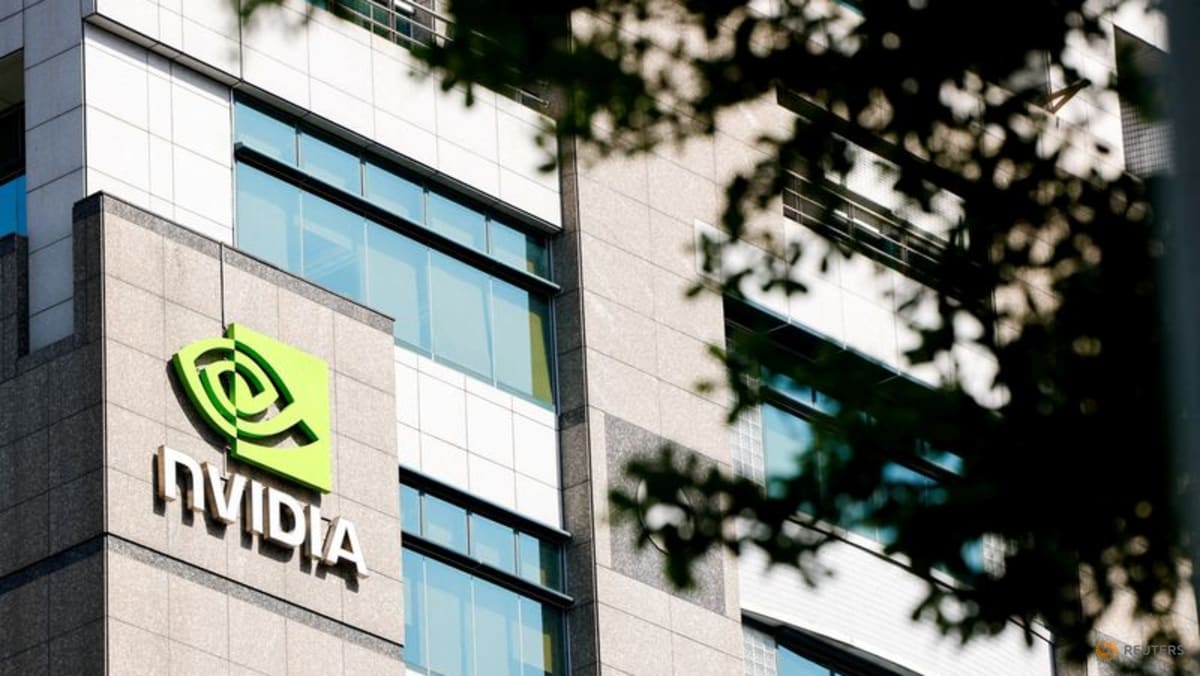Weaker ringgit draws more Johoreans to work in Singapore, leaving manpower shortages in state’s key sectors

“The exchange rate these days is around 3.4, so that means if they earn around S$2,000 in Singapore, this is already close to RM7,000, and many restaurants in Johor cannot afford to pay their cooks half this amount,” he added.
He added that based on his observations, chefs hired by Singapore firms were generally those who are more skilled in the trade.
“Those who are targeted by the Singapore firms are those who are more skilled, experienced and can generally do the work of two to three people,” said Mr Ang, who is also the co-founder of Grand Senibong Seafood Restaurant in Masai, Johor.
“This creates a vacuum in Johor because now there are less skilled chefs in Johor Bahru.”
Mr Ang acknowledged that the shortage in chefs and waiters in the city has led to longer waiting times and more unpleasant customer experiences.
“Restaurants in Johor Bahru remain popular but sometimes due to labour shortage, we are just unable to meet the high demand and keep all our customers happy,” he added.
An executive chef, who worked at a JB restaurant prior to the COVID-19 pandemic and wanted to be known only as Mr Lim, is one example of a Johorean who found work in Singapore recently.
Mr Lim was retrenched from his job when the JB eatery he worked at shut its doors during COVID-19. He told CNA that working in Singapore would not only allow him to triple his wages, but also room to grow as a chef.
He found a job posting on Facebook for a cook at a steak eatery in Tanjong Pagar and started working there in February.
“I have not looked back since,” said the 42-year-old. “I think working in Singapore opens up more doors and allows me to work with the best in the region.”
Mr Lim rents a room in a HDB flat in Bukit Merah as it would be convenient to travel to work. He returns home to see his parents in Johor Bahru once a month.
He said that in spite of Singapore’s higher costs of living, the better salary he’s getting still makes financial sense.
“In Singapore, I pay more for rent, food, and transport than back in Johor Bahru. But the higher salary covers these expenses and still leaves me more disposable income to pay for the things I want to spend on,” added Mr Lim.
JOHOR FIRMS MUST CLOSE SALARY GAP WITH SINGAPORE TO AT LEAST TWO-THIRDS: DEPUTY MINISTER
Economist Lee Heng Guie, who is executive director of think-tank Socio-Economic Research Centre, told CNA that both the federal government and the Johor state government will have to address the root causes of the issues by raising local workers’ incomes through a longer-term approach.
He suggested implementing a scheme similar to Singapore’s Progressive Wage Model (PWM) that seeks to raise salaries of low-income workers in the Republic by developing their skill sets through a career progression plan agreed on by the government, union and businesses.
Malaysia currently implements the minimum wage model. In May, the country’s minimum wage was raised from RM1,200 to RM1,500.
Mr Lee said the most significant difference is that the PWM incentivises employees to seek out a pay increase by upgrading their skills.
“But the employers need to provide upskilling and reskilling to their employees; and adopt sustainable and inclusive business practices – a balanced work-life balance culture. The employees must commit to self-development to upskill and enhance their employability,” he added.
Deputy Minister Liew told CNA that Johor will be better able to retain its manpower if it is able to offer salaries that are around two-thirds what is being offered across the Causeway. He said this will be achievable especially in the manufacturing sector.
Source: CNA














